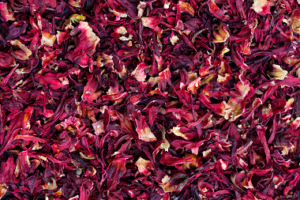Microbial contamination risks associated with flowers in the food industry
Flowers can pose public health risks in the food industry, particularly in terms of microbial contamination. Bacteria, viruses and parasites can contaminate flowers and cause illness.
What are the risks of microbiological infection if flowers are not handled and stored correctly?
If flowers are not properly handled and stored, they can become contaminated by various types of micro-organisms. In fact, they can be infected by the following micro-organisms:
- Bacteria: Some bacteria, such as Escherichia coli (E. coli) and Salmonella, can survive on flower surfaces and cause infections when inhaled or come into contact with the skin, if flowers are not properly handled and stored.
- Molds: Molds can grow on flowers under conditions of high humidity or warm temperatures, and can cause respiratory infections in sensitive individuals.
- Yeasts: Yeasts can also develop due to high humidity conditions and can cause respiratory infections in sensitive people.
What industrial pasteurization process can be used to treat contaminated flowers seeds while preserving their intrinsic qualities?
Industrial treatment to pasteurize in order to reduce the risk of microbiological infection generally involves exposure to high temperatures for a set period of time. However, it is crucial to strike a balance between the effectiveness of the treatment and the preservation of the product’s intrinsic qualities, such as color and shelf life.
The choice of industrial treatment depends on the type of flowers, the type of micro-organisms present, and the priority given to preserving qualities. It is advisable to consult an expert in the field to assess the most appropriate treatment options for each situation.




